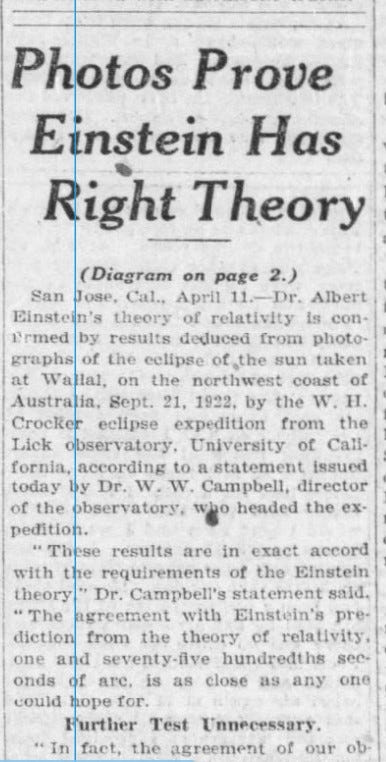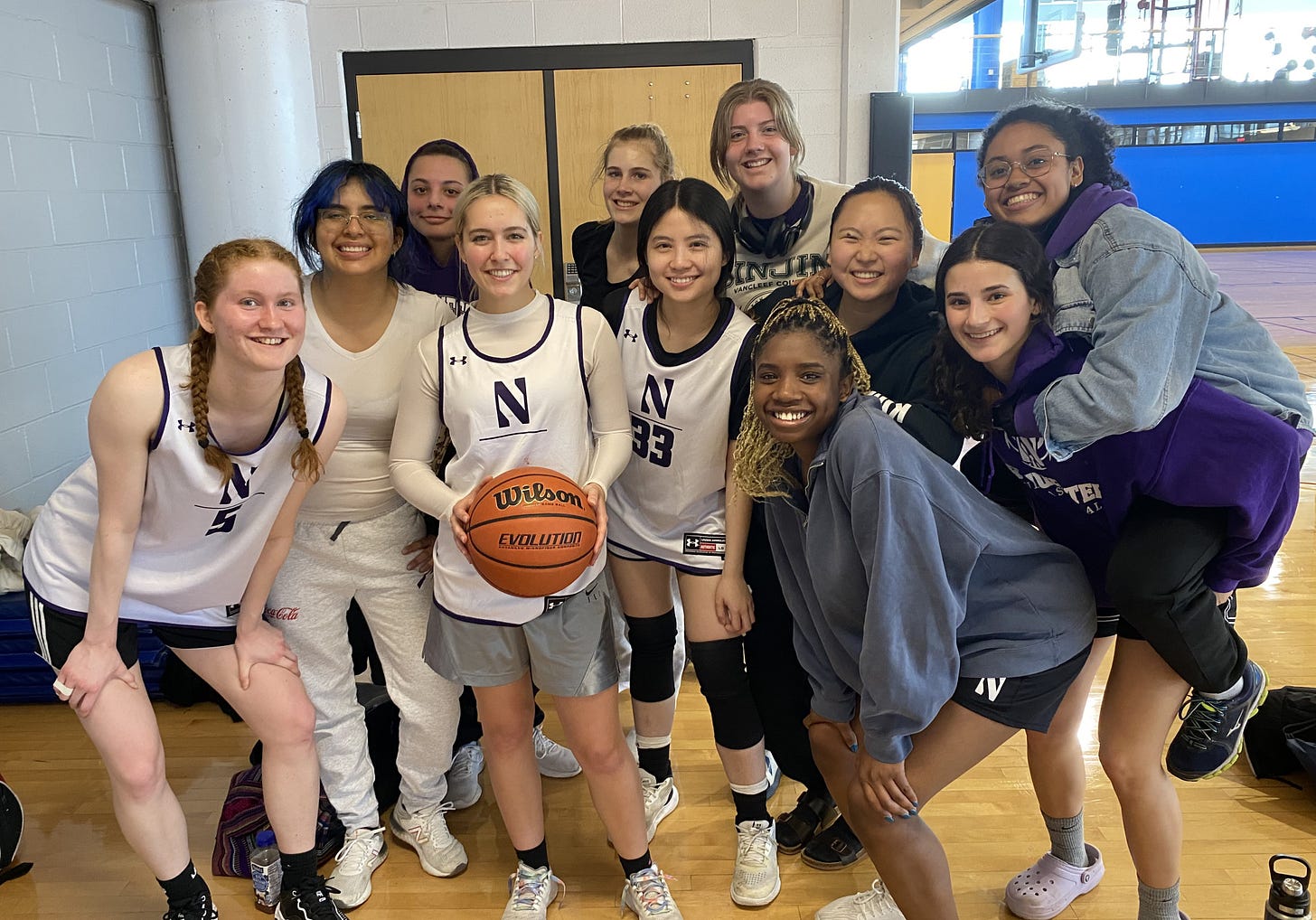Journalism: The First Rough Draft of History
Less of it is happening...so what does that bode for the future?
Journalism has long been called the “first rough draft of history.” But what happens when nobody bothers to write that first version of events as they happen?1
Two years ago, concerned about media coverage of one of my business clients, I wrote a column based on my experience as both a reporter and a public relations professional. The upshot: lack of time, awareness and context hamper a journalist’s accuracy and fairness, so it’s incumbent on PR pros to help reporters make the best use of their time to heighten their awareness and, thus, the story’s context.
Here’s how I introduced the subject:
“One of my favorite aphorisms about journalism is that it’s the first rough draft of history. True enough.
Sometimes, though, it proves to be the only history, especially for local news of lesser import.
And as for those stories that have follow-ups over time, the term `rough draft’ may suggest that debut stories have a rather flimsy quality to them. However, in my experience, those initial stories tend to have a gigantic influence on the arc of most anything that follows that first draft.
Because initial reporting can wield considerable influence on all future drafts, there is a heavy responsibility that falls on journalists to get it as close to `right’ the first time as humanly possible.”
Particularly for those seeking a deeper insight into journalism’s behind-the-scenes challenges, I invite you to read the entire column here.
As noted at the top, another reality of our modern journalism is that there is so much less of it winding up in print. That dramatic decline of “print coverage”—stories that are literally printed out—has been paralleled by an overall decline in reliable, fact-based coverage of countless communities across our nation and world. Consequently, only a tiny fraction of “first rough drafts of history” are occurring, compared to years — and, especially, generations — ago.
This compromises our ability to curb and call out abuses of power not only in the short term, but over the long haul. Without an initial story to build upon, where is our foundation for future stories?
Flashback: April 12, 1923
Deepening my concern is my increased awareness of what newspapers have delivered to people, collectively, over the years. Since last May, I have subscribed to Newspapers.com. Every time I look up something from the 848 million pages2 in its database, I am grateful for newspapers’ longstanding role in chronicling day-to-day life. It has illuminated portions of my own family tree, as well as offered “rough draft” accounts of a wide range of historical events, from hyperlocal (who had tea down the street?) to global.
For example, let’s take a look at exactly 100 years ago. On that day, the Chicago Daily Tribune’s front page included a brief item on “$30,000 of whisky loot” heisted from a train (this was a shade over three years into the nearly 14-year Prohibition era) and a story proclaiming “Photos Prove Einstein Has Right Theory.”
On Page 2 appears a diagram outlining the gist of Einstein’s theory of general relativity, along with a story by Selby Maxwell that begins:
“Einstein said that light is matter, finer than dust but moving as fast as possible, or 186,000 miles per second. Because it is matter, it should be affected by gravity, and should fall like a load of flying shot falls to the earth. But on account of its great speed, light gets far beyond the earth before our gravity can act on it, and so scientists could not tell whether it fell or not…”
And on the front page of the same edition is this story:
Flashback: April 11, 2023
In closing, here’s a story of considerably more recent vintage: an account of my daughter’s college club basketball team’s victory this past weekend.
The article came about almost by accident – first, I shot video of the second half, then a few days later I realized the clip enabled a detailed recap of the contest. It’s the type of story that is rarely committed to the written word anymore. Fueling my motivation is the desire to provide a bread crumb of the moment – a morsel that someone can come across years from now about the re-emergence of club competition on the heels of the COVID-19 pandemic.
In the moment, at least, it’s a way of honoring Maggie Rose (on the photo’s far left) and her teammates on their huge comeback.
OK, that’s all I’ve got. This column is now history.
If you have enjoyed reading this and any other installments of The Inside Edge, please consider clicking on the “like” button, leaving a comment or sharing this with others who might also enjoy it.
“Those who cannot remember the past are condemned to repeat it.”
~George Santayana
“Those that fail to learn from history are doomed to repeat it.”
~Winston Churchill
“Thanks, George and Winston. But what if we simply don’t know what happened in the first place?”
~Me




